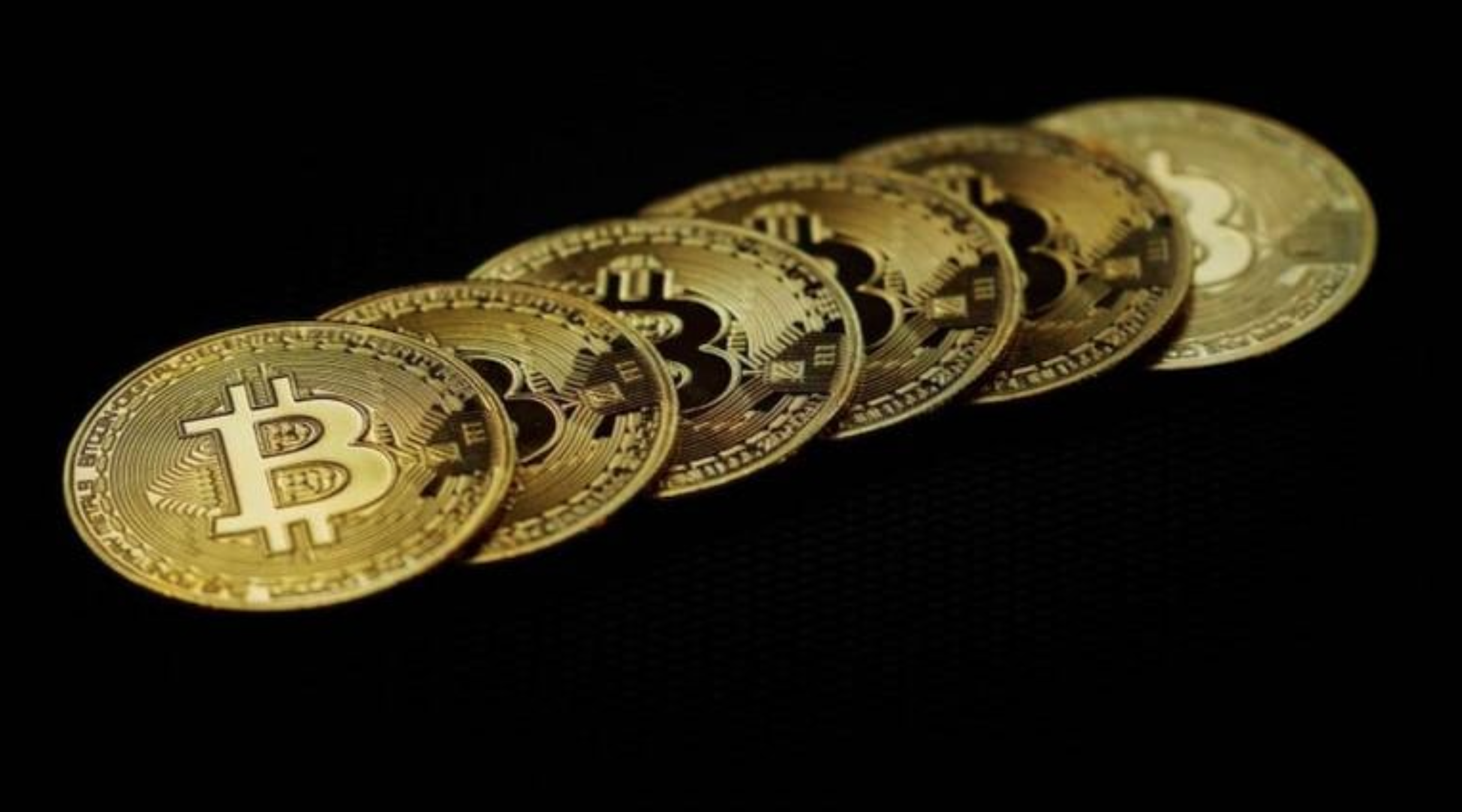Bitcoin is a revolutionary digital currency, primarily used for payment and storage of value. It is the most prominent and valuable crypto, driving the global adoption of virtual currencies. Unlike fiat currencies regulated by governments and central banks, Bitcoin is a decentralized currency, not tied to any entity. That is the main reason why people are concerned about its safety and legality.
Like other new inventions, cryptocurrencies are still new to the world, and most people lack a better hands-on experience with them. That would also make it easier for the public to question Bitcoin’s safety and legality for conducting financial transactions. This article discusses the primary reasons why Bitcoin is safe and legal.
Bitcoin’s Safety
Similar to trading commodities in fiat currencies, Bitcoin transactions may also be subject to some risks. One of the risks is price volatility that could impact significant losses. However, volatility could also provide opportunities for profitability when the Bitcoin prices move upwards indefinitely. Additional risks may also arise from Bitcoin’s position as an emerging technology with which most people are not yet acquainted.
Several frauds and hacks have tainted Bitcoin’s reputation over the years, but it has successfully battled them out, with increasing adoption worldwide. The growing Bitcoin integration by industry leaders, mainstream financial institutions, merchants, and individuals has enabled it to gain a significant degree of legitimacy.
Bitcoin and its underlying blockchain technology have gained broader acceptance in the last few years. Its impeccable performance has inspired several crypto exchange platforms and businesses such as bitcoin billionaire, offering the public new ways to purchase, sell and store Bitcoin. Those developments have significantly changed people’s perceptions, making Bitcoin seem like a more convenient and secure investment than most traditional assets.
Bitcoin transactions are also much safer than fiat money. One of the reasons is the lack of third parties in Bitcoin transactions. Bitcoin payments occur on a decentralized network, without intermediaries, reducing the risks of fraud and identity theft. Besides, Bitcoin’s blockchain technology validates all transactions on an immutable shared digital ledger, ensuring the utmost transparency in all financial dealings.
Unlike banks and money processors that usually require customers to prove their identities before transacting, the Bitcoin network does not collect personal information. Instead, users identify each other by public addresses without any links to their real-world identities. The blockchain compiles data in encrypted blocks, limiting access to valid users on the network strictly.
Bitcoin’s Legality
Bitcoin is legal in the United States, Europe, Asia, Africa, and Australia. However, Bitcoin’s legality remains varied across most emerging markets; with El Salvador as the only country that recognizes Bitcoin as a legal tender. For instance, China heavily restricts Bitcoin usage but it is not illegal to hold Bitcoin. India also recently banned banks from dealing in crypto, impacting uncertainty about its legality.
Like other cryptocurrencies, Bitcoin exists in a deregulated market, without any central authority. However, the Bitcoin funds acquired through trading and other investment activities are subject to tax laws applicable to other assets in most jurisdictions. Many governments treat Bitcoin as property rather than a currency.
Bitcoin usage does not require users’ personal information, allowing people to transact anonymously. That raises concerns about people using Bitcoin for illegal activities such as drug trafficking, fraud, and funding terrorism. However, most of those transactions occurred on dark web platforms such as Silk Road, which eventually shut down.
Overall, Bitcoin is subject to some safety and legality flaws that may vary across users and countries. However, it is undoubtedly a more secure, transparent, and convenient payment method and asset than traditional currencies.


